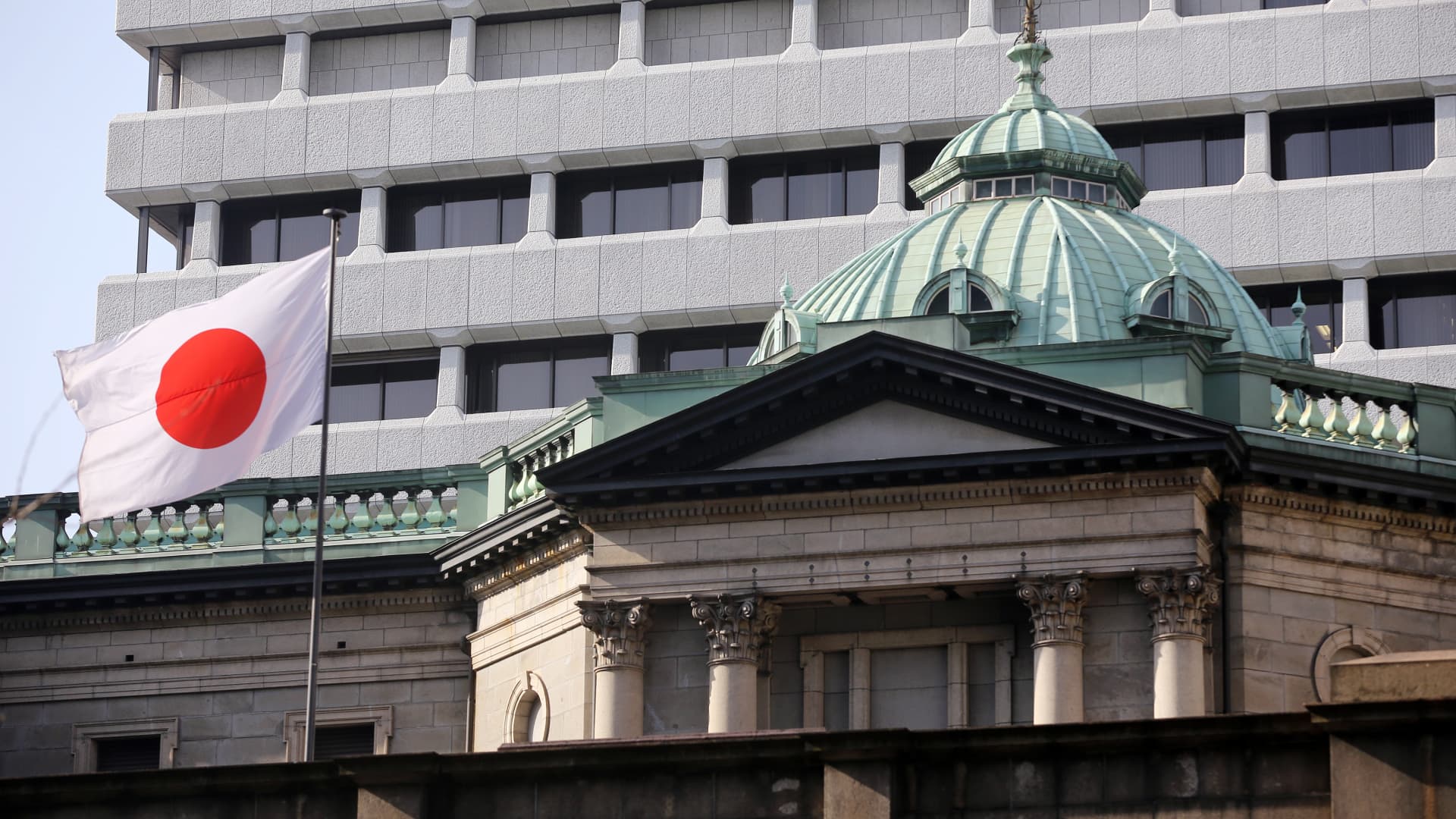The Bank of Japan shocked markets on Tuesday with a surprise tweak to its bond yield control that allows long-term interest rates to rise more, a move aimed at easing some of the costs of prolonged monetary stimulus.
Shares tanked, while the yen and bond yields spiked following the decision, which caught off-guard investors who had expected the BOJ to make no changes to its yield curve control (YCC) until Governor Haruhiko Kuroda steps down in April.
In a move explained as seeking to breathe life back into a dormant bond market, the BOJ decided to allow the 10-year bond yield to move 50 basis points either side of its 0% target, wider than the previous 25 basis point band.
But the central bank kept its yield target unchanged and said it will sharply increase bond buying, a sign the move was a fine-tuning of existing ultra-loose monetary policy rather than a withdrawal of stimulus.
Kuroda said the move was aimed at ironing out distortions in the shape of the yield curve and ensuring the benefits of the bank's stimulus programme are directed to markets and companies.
"Today's step is aimed at improving market functions, thereby helping enhance the effect of our monetary easing. It's therefore not an interest rate hike," Kuroda told a news conference.
"This change will enhance the sustainability of our monetary policy framework. It's absolutely not a review that will lead to an abandonment of YCC or an exit from easy policy.










